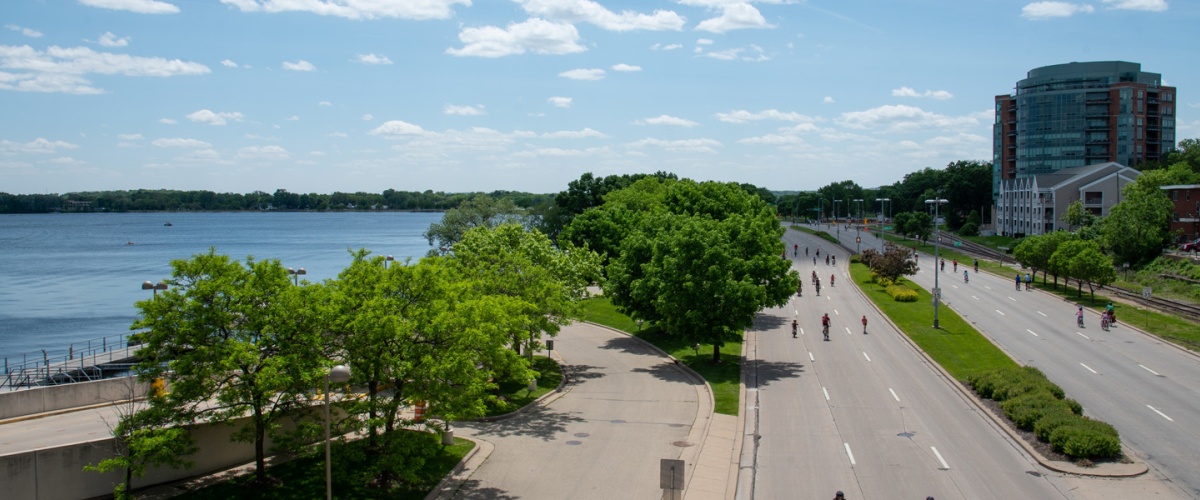
Addressing the Digital Divide in the 2014 City of Madison Budget
On Friday, November 3, 2013, Alder Scott Resnick with the support of several members of the Madison Common Council and Mayor Paul Soglin, submitted a capital budget amendment of $150,000 to pilot the expansion of internet to a low income neighborhood within Madison. "We need to provide students with the educational tools to succeed in today's economy. Relying on schools, libraries and community centers is no longer enough. Our community should not be satisfied that young people must rely on places like McDonald's to check email and do classroom homework," said Alder Scott Resnick. City of Madison IT staff will be working alongside technology, community non-profit leaders, and the newly formed Digital Technology Committee. The bulk of the fund will go to infrastructure. Other costs may include subsidized payments to commercial providers; cost sharing with other government agencies or social service providers; grant matching funds or in-kind costs; public outreach efforts; or program set up costs. A project plan should be ready by early summer. No neighborhood has yet been selected for the pilot program. Despite Madison's reputation as one of the nation's most livable, economically stable cities, poverty remains a major community issue. For example, 56% Madison school children qualify for free and reduced lunch. Alder Resnick believes this pilot program is just one way to address poverty in the city, noting that internet access is a crucial economic tool in our growing digitally-connected world. Highlighted by the digital divide, a lack of consistent internet access threatens to leave young people without the necessary skills to compete in the workforce after high school and further widen the achievement gap. This divide shows a stark contrast that breaks down along socioeconomic lines. Recently, the Pew Foundation found that 88% of households earning $75,000 or more have a high speed Internet connection at home. That percentage drops to 54% for households earning less than $30,000. Paul Kronberger, Madison CIO, said of the program: "The City is committed to strengthening neighborhoods and bridging the digital divide is part of this effort. Citizen access to the internet has become a critical component of job hunting; educational needs; transacting household business; utilizing library resources; and communicating with family, neighbors and government. We need to level the playing field." This pilot program will be one of the first in the Midwest. Similar programs have been launched in other municipalities throughout the nation.
